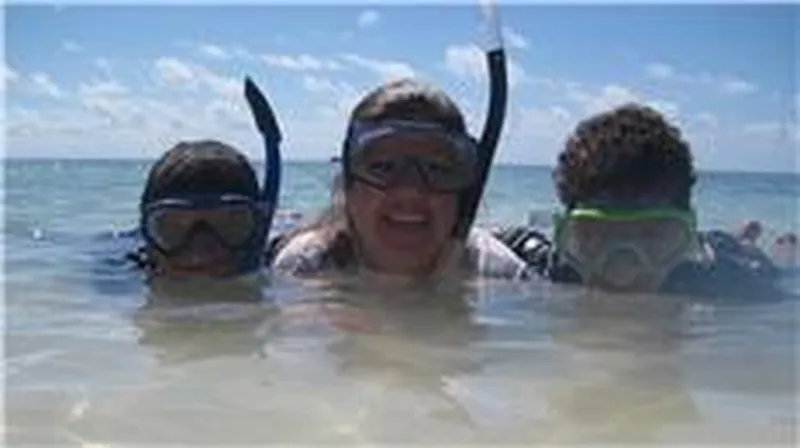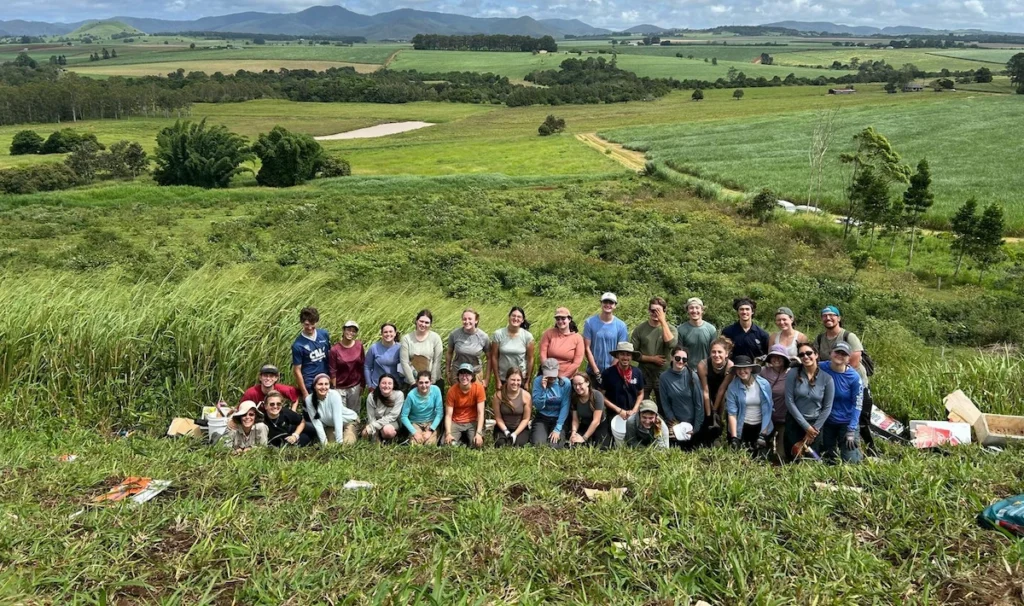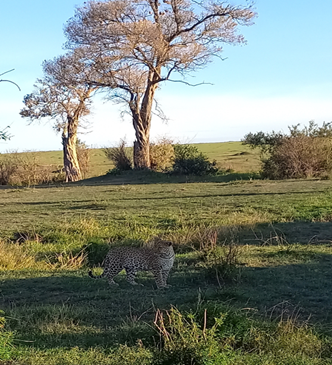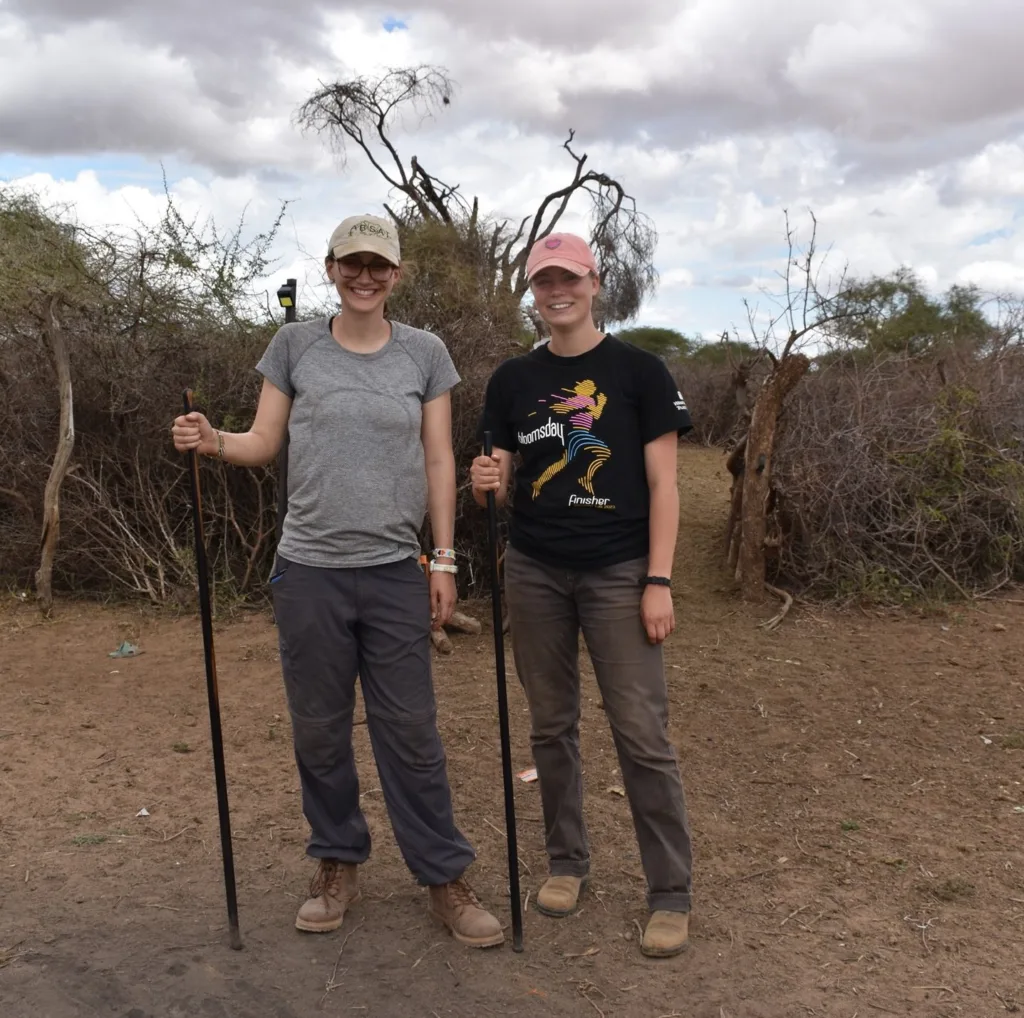
By: Kathy Baier-Lockhart, M.S.
Think Like a River!
When trying to improve human-environment relations we ought to think with nature, and when we seek her advice, nature in its many manifestations teaches us to nurture life as a gift passed to others and to reject greed. We learn this from rivers that spread nutrients and flood wetlands and estuaries; the tropical forests as they reinvent themselves without artificial ingredients; and the gardens that feed our desires without overwhelming our bodies with fats and sugars. During our first month at our Peru program, students have had the chance to experience nature at its peak, both in terms of diversity and its prodigious presence.

Sadly though, in our Political Ecology course students have also learned how humans are systematically destroying these magnificent gifts. This is what is taking place about two days down river from our field station, in the Madre de Dios Region. There, about 70,000 people are squeezing the sediments carried by the rivers in the watershed to rip out of them tiny gold pellets destined for bank vaults, jewelry, and sophisticated electronics around the world. 24 hours a day, 7 days a week these people and their machines repeat a procedure that processes a thousand kilograms of sediments to obtain 0.3 grams of the precious mineral. As a consequence, more than 100,000 acres of tropical forest have been turned into a mercury-laden clay desert; while the gold is shipped abroad just as it was shipped 400 years ago from the Peruvian highlands, people in Puerto Maldonado (regional capital down river) have stopped eating fish for fear of mercury poisoning. (“You cannot eat money,” said a famous Native American more than a century ago!)
Farther to the north of Peru, in the Purus watershed, loggers seeking the last remnants of tropical hardwoods in the region (and avid for their global market prices) are engaged in an open battle against indigenous people who are trying to stop this savage destruction of the lands and nature they depend on for a living. As a consequence, just a few weeks ago four indigenous activists were brutally killed for their leading role in sustaining this resistance. National and international human rights organizations have protested against this barbarism, but not much seems to have changed. And just as happened in the case of the famous environmentalist and rubber trapper Chico Mendes, who was killed in the neighboring Brazilian province of Acre, chances are this crime against people and nature will remain unpunished.
As an SFS professor in charge of helping students understand environment and development issues, I remain hopeful that when they leave the university system to become leaders in their home country, they do so in a responsible way to people and nature and that they seek to change the international processes that stand in opposition to this goal. Think like nature! I tell them… nurture life and you will never be wrong; you will never cause harm upon people or any other life form!
Related Posts

Cinder Cone Chronicles: Lessons from Drought, Data, and Determination

